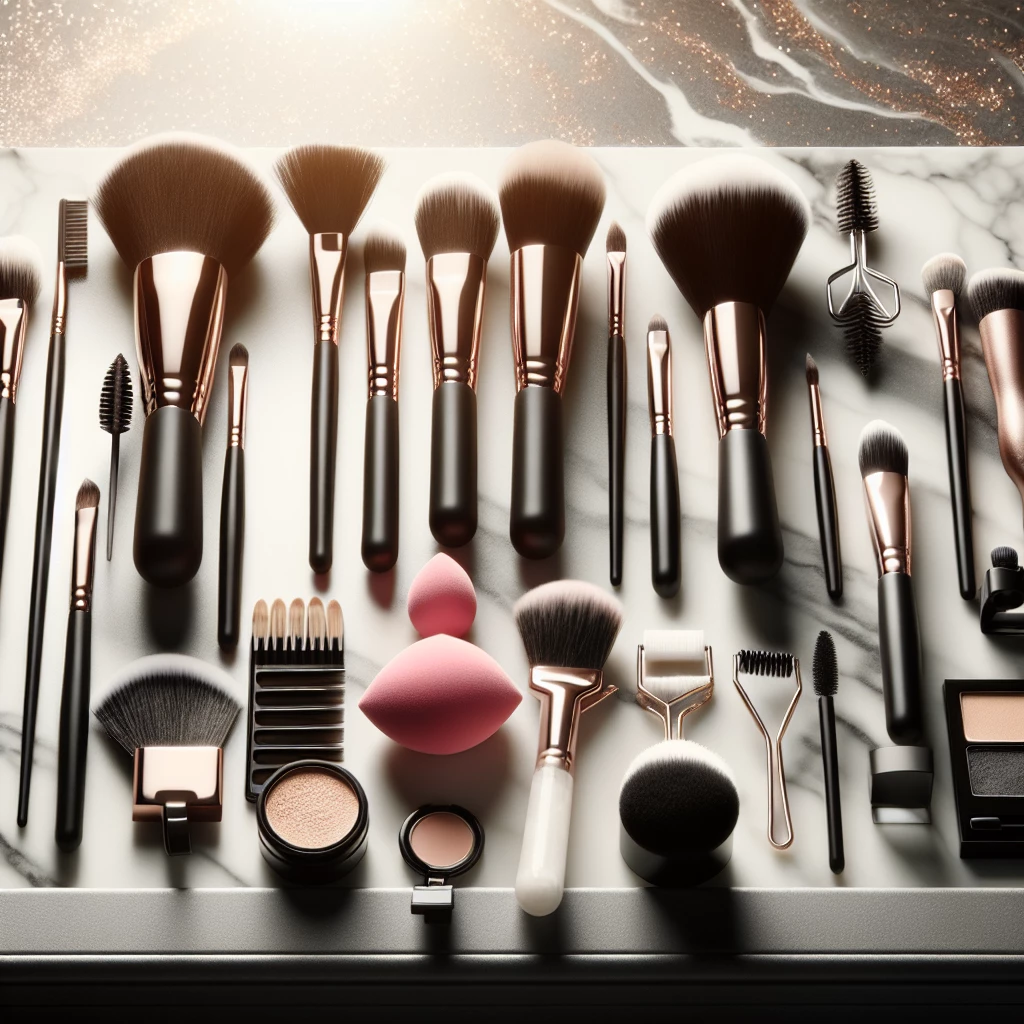Welcome to another post in the Makeup Tutorials category of our blog, Makeup Queens. Today, we will unravel the perennial debate of brushes vs. tools in makeup application. As lovers of all things cosmetics, you are definitely aware that different tools often produce contrasting results even with the same product. This article seeks to highlight the distinct characteristics of makeup brushes and other makeup tools in a bid to understand their unique strengths and weaknesses.
The Basics of Makeup Brushes
Makeup brushes are a staple of any cosmetic enthusiast's collection. They come in a wide array of sizes, shapes, and textures, each designed for a specific type of product and application technique. From foundation brushes to eyeshadow brushes to lip brushes, makeup brushes are designed to provide precision, control, and a smoother finish.
Brushes are typically used to blend, buff, and diffuse products. Their bristles can either be synthetic or natural, each with its own set of advantages and disadvantages. While synthetic brushes are better with creams and liquids due to their non-absorbent nature, natural brushes excel at picking up and distributing powder products.
However, brushes require regular cleaning to avoid bacteria build-up, and high-quality ones can be quite expensive. Also, achieving a seamless blend with brushes may require more skill and patience.
The Power of Other Makeup Tools
Beyond brushes, there is a myriad of makeup tools to choose from, like makeup sponges and silicone applicators. These tools often have a different application purpose from brushes, offering a unique experience in product distribution and finish.
Take makeup sponges- their main strength lies in their ability to deliver a smooth, blended finish with liquid and cream products. Often, they can provide a more seamless blend than brushes, especially when damp. Silicone applicators, on the other hand, are perfect for applying liquid products without wasting any as they do not absorb product.
While these tools can be more user-friendly than brushes, they too have drawbacks. Sponges need to be replaced more frequently than brushes, and silicone applicators can leave streaks if not used correctly.
Comparison and Best Practices
So, brushes or tools? The answer isn't as simple as choosing one over the other. The best tool for you depends on what product you're using, the result you're hoping for, and your personal preference. Both tools and brushes have their own strengths and weaknesses.
For a beginner, tools like sponges may be easier to use and deliver a more forgiving finish. For a makeup lover with a large collection of products in different textures and formulae, a full set of makeup brushes may offer more versatility.
Remember, it's crucial to keep both tools and brushes clean to maintain their performance and prevent skin issues. Regardless of your choice, practice and experiment with different application techniques to discover what works best for you.
Choosing between makeup brushes and other makeup tools is largely subjective, based on your individual technique, product preference, and desired result. Both bring their unique attributes to the table, deserving a space in your cosmetic bag. Stay tuned to our continued discussions on Women and Makeup for more expert advice on building an effective and versatile makeup toolset. Until then, keep refining your craft and radiating beauty inside and out.
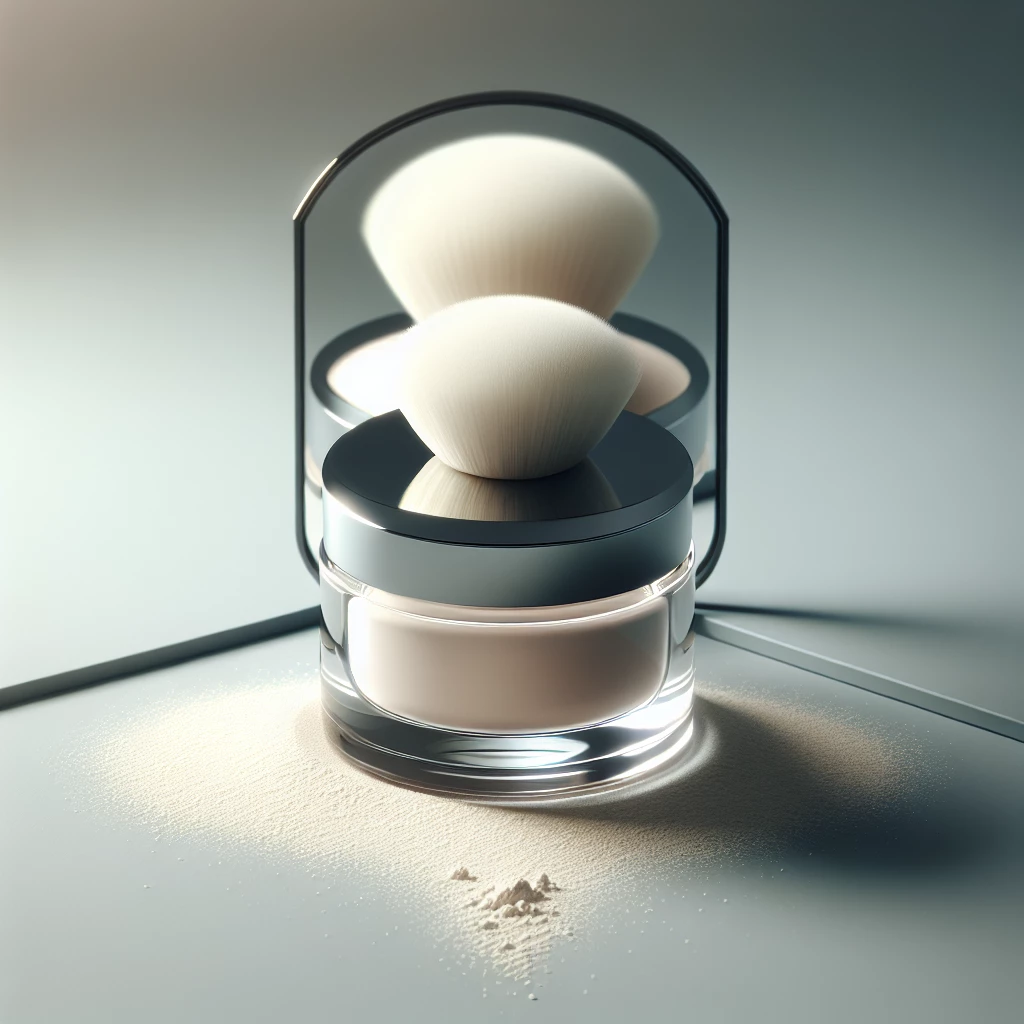
Transform with Translucent Powder
Learn how to use translucent powder to set your makeup and control oil for that flawless finish.
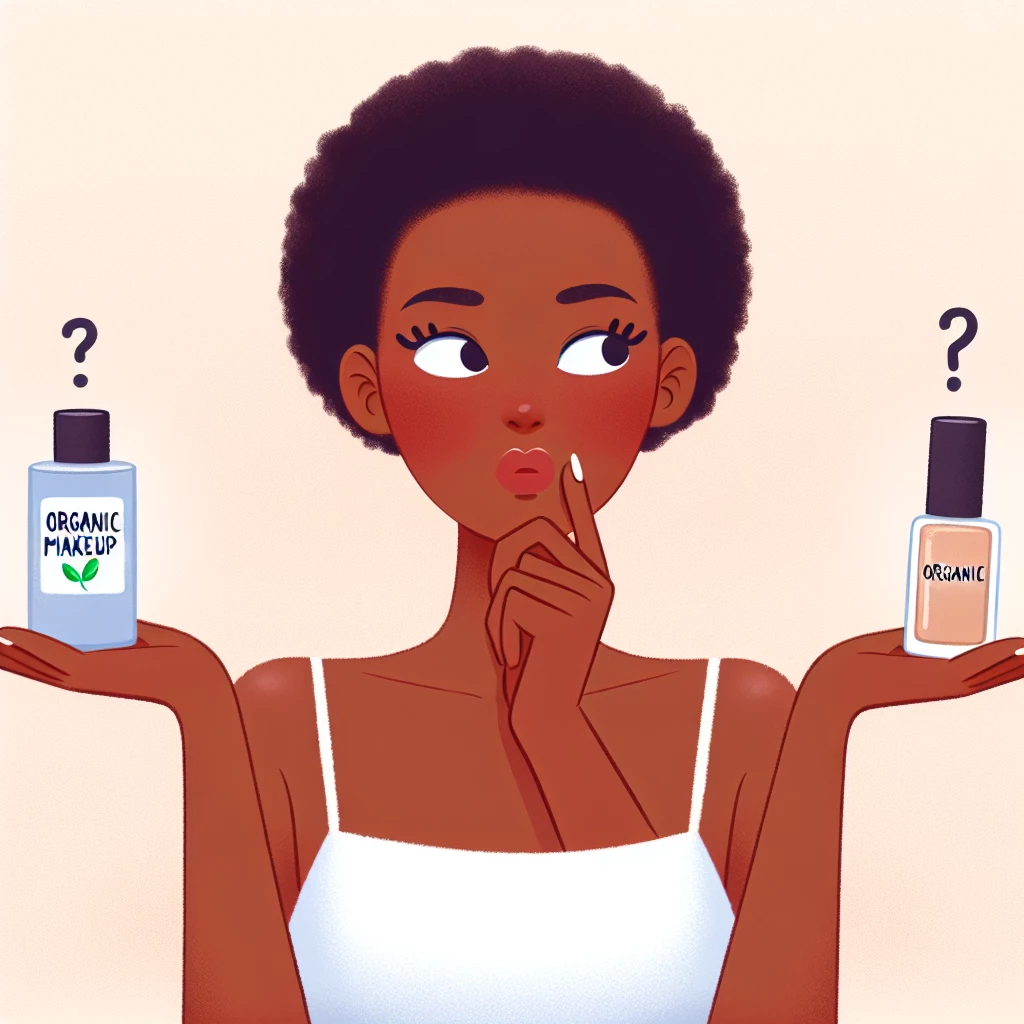
Organic Makeup: Is It Worth It?
Discover the pros and cons of organic makeup, and decide if it’s the right choice for you.
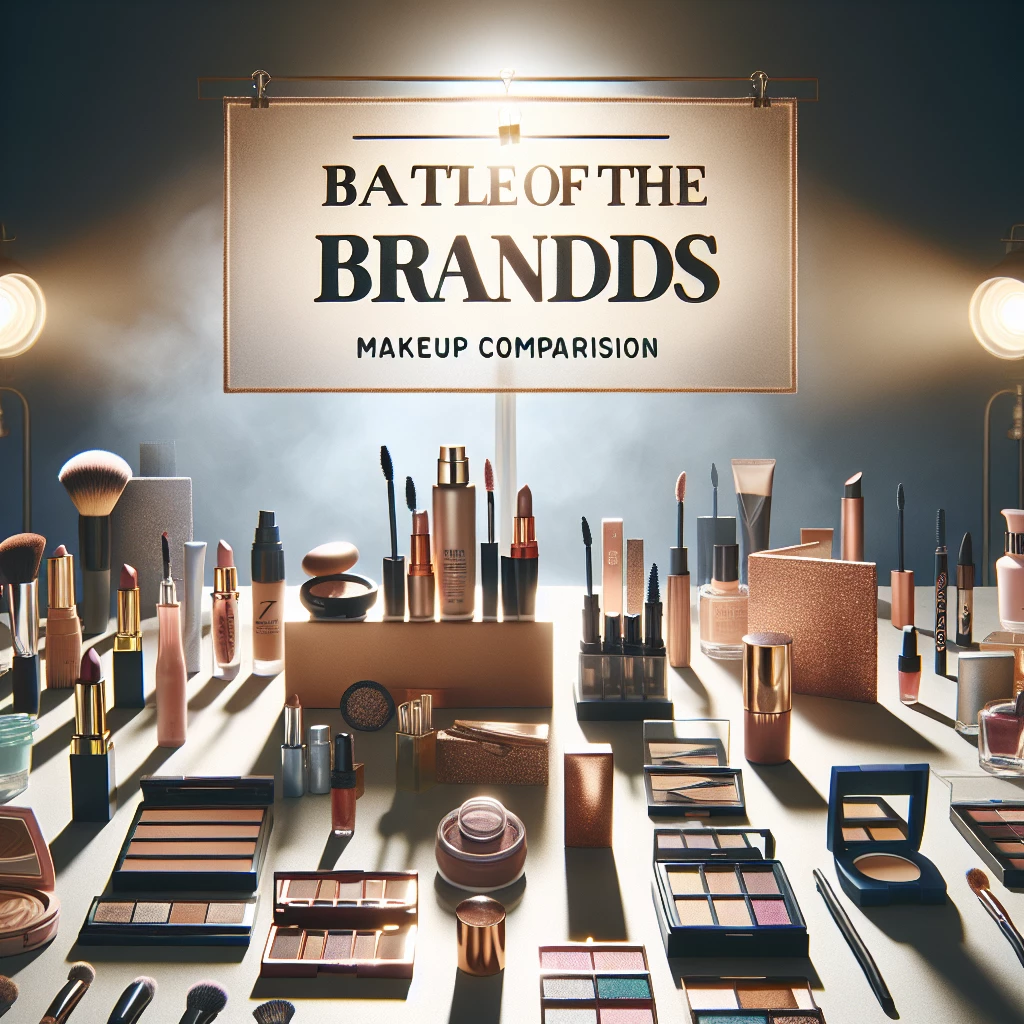
Battle of the Brands: Makeup Comparison
In-depth comparison of popular makeup brands to help you make the best choice for your skin.
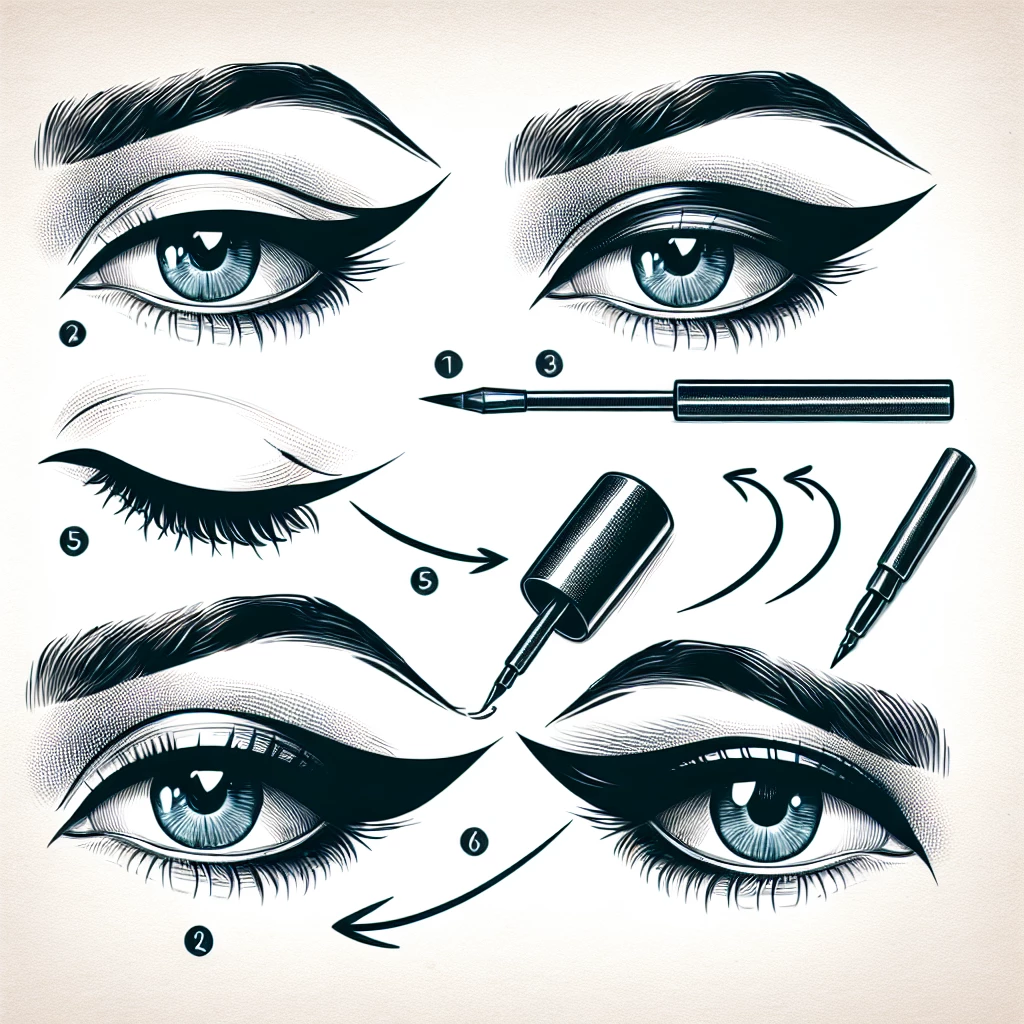
Creating a Classic Winged Eyeliner
Master the classic winged eyeliner look with our step-by-step guide.
